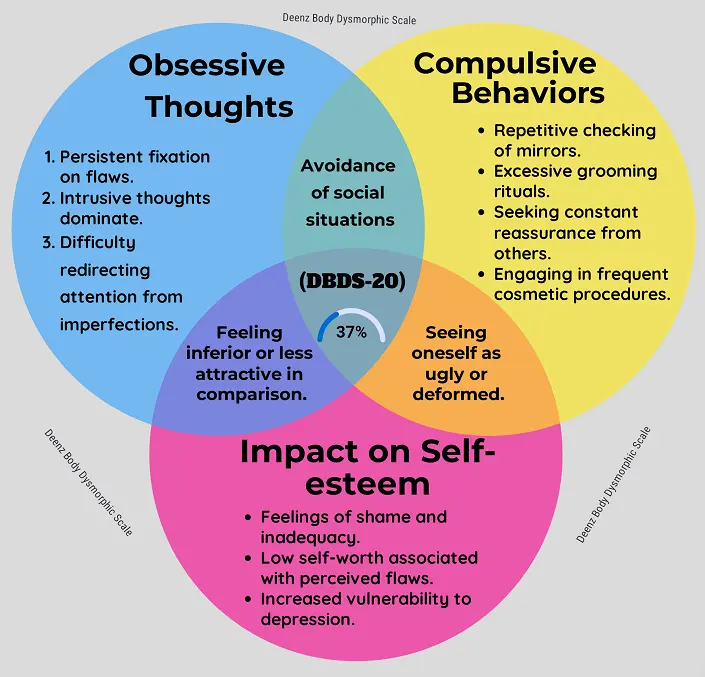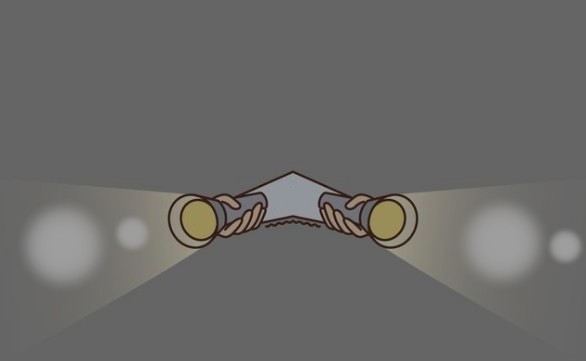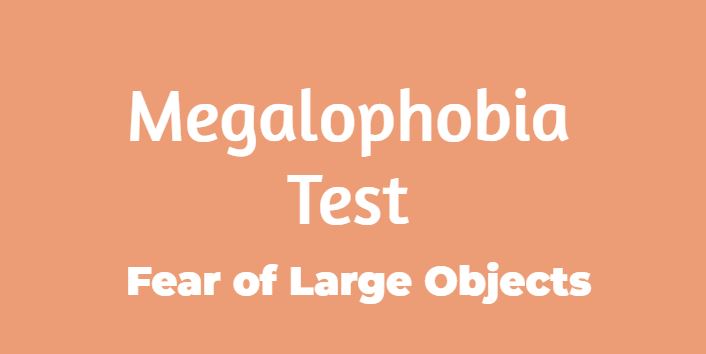Anthropophobia refers to the intense and irrational fear of people. People with Anthropophobia often experience significant distress and anxiety in social gatherings and it leads to impairment of daily functioning. Feeling shy when meeting people is a normal part of human behavior but researchers emphasize understanding the negative impact of these behaviors on daily functioning.
Deenz Anthropophobia Scale which is an 18-item questionnaire, based on 10 point scale, developed to address the need for a reliable measure of the multifaceted aspects of anthropophobia. The purpose of the scale is to access specific traits associated with anthropophobia, including avoidance, isolation, fear of judgment, negative self-image, difficulty initiating or maintaining conversations, and the overall impact on daily functioning. For each statement you need to indicate your level of agreement.
Avoidance: Sometimes we need to avoid situations or people who make us uncomfortable. Some people persistently feel so scared of meeting people that they get goosebumps and it impacts the way they live. Avoidance is the act of preventing oneself from discomfort or anxiety. People with androphobia face difficulty in social gatherings and the fear of being judged makes them avoid or skip the situation or invitations. It is like a protective mechanism by which a person believes in not dealing with the stress or anxiety that might come from being around people.
Isolation: We tend to isolate ourselves from people who are making us feel inferior or who we do not like. For some people meeting people is just like making oneself vulnerable to insult or being judged. The state of being separated or detached from others can have a profound impact on one’s daily functioning and makes it difficult for a person to make progress in personal growth and building long-term relationships. People with anthropophobia face an internal struggle and unease with the dynamics of social connections. They feel safe and secure in spending time alone instead of enjoying interactions in social settings.
Fear of judgment: The biggest challenge people with anthropophobia face is the fear of judgment. They always have persistent thoughts of what people may think about the actions or behaviors. They feel anxious about talking with others or starting conversations and have a fear of being negatively evaluated or criticized by others. The consent worries about how they appear to others may lead to low self-esteem and impairment in daily functioning.
Negative self-image refers to the belief of being perceived as unlikable or perceiving oneself as inferior. People with anthropophobia view themselves as inferior, and less capable resulting in constant self-criticism and avoidance of social events and gatherings.
Mutism refers to the difficulty initiating or maintaining conversations. People with anthropophobia experience anxiety while having conversations with other people.



